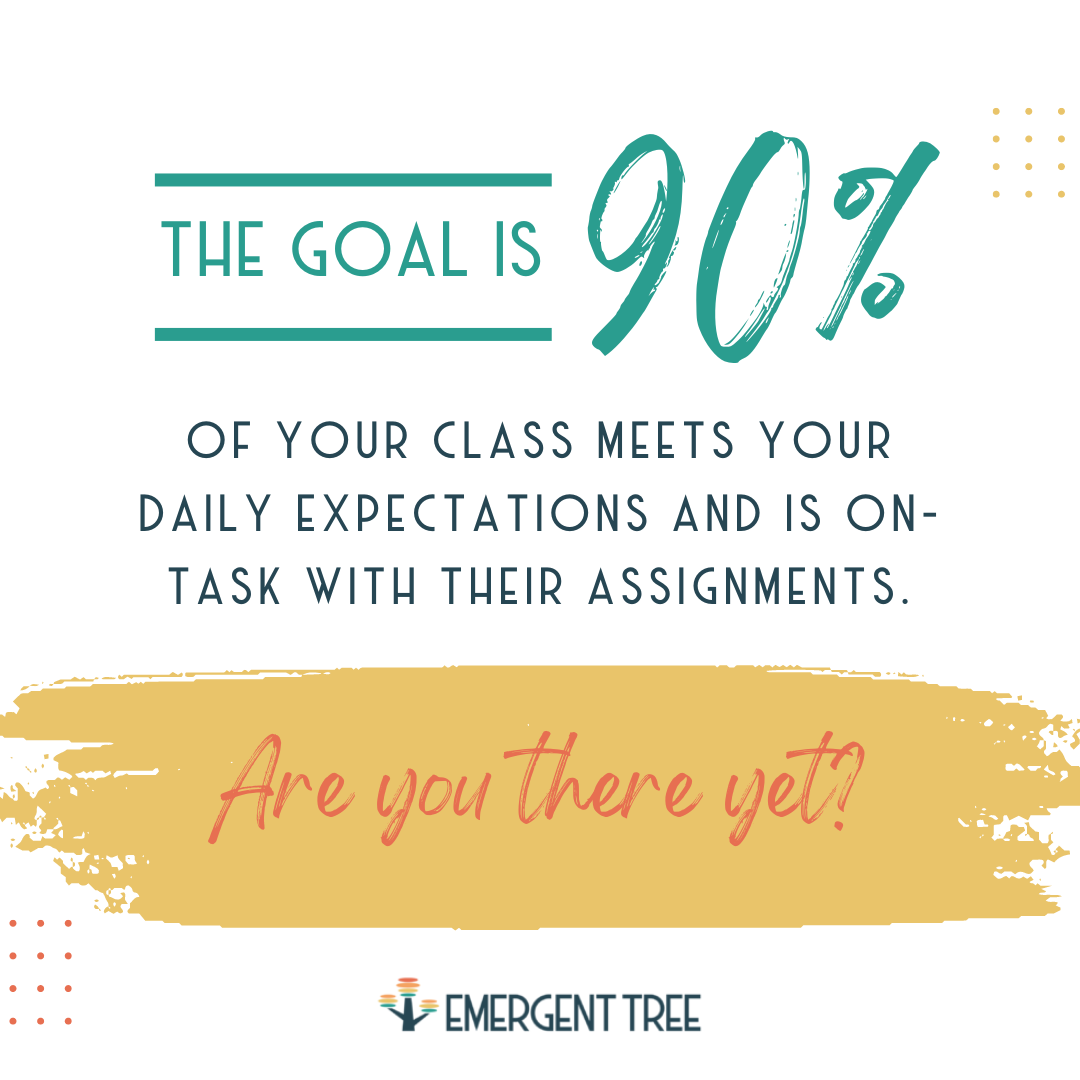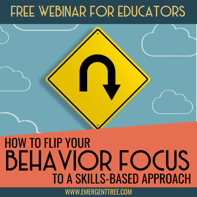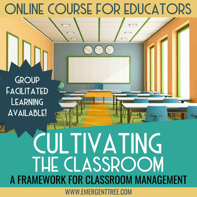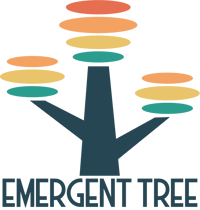The start of a new semester and a new year comes with excitement for new ideas and seeing continued growth in our students. Pausing over the holidays gave us some time to rest. We all need a break sometimes. Working in education can be very challenging. Our brains need regular opportunities to recalibrate and refresh.
With a fresh perspective, we can reflect on what is working, the challenges we're experiencing, and identify ideas for how to create systems to support our students fully. We can look at this new year with a fresh set of eyes on each of our students to tackle their needs and bring them an environment of growth.
This time away, though incredibly important for all of us, can also bring some challenges. The regular rhythms and structure we had set will need some reminders. You spent the first semester honing your student's skills and your approaches to supporting their learning. As you start this new semester, explanations must be clarified and reset to help you all get back on the same page for the next half of the school year.
Ready for some ideas and practical steps to start this new year off strong?
1. Take some time to re-evaluate your plan.
Leverage your fresh perspective coming back into things from the break to evaluate how your classroom management plan is going.
The goal is that 90% of your class meets your daily expectations and is on-task with their assignments. Are you there yet?
If you aren't there yet, look through the routines and procedures you have in place to identify ways to refine them. What tasks are you having to remind and repeat instructions a lot to your students (maybe it felt like they never caught on to the goal of the task)? What clear steps could you put in place to set expectations and help them understand the ideal routine for the task? By setting expectations and creating a routine, you'll find less need to repeat yourself.
2. Plan for some recalibration.
Don't assume as you head back into the semester that because you taught something before, your students will remember it. Their brains need to reset and be reminded of the routines and systems you have set up. You also can leverage this chance to be inclusive with any new students that join your classroom. Instead of singling them out to learn the routines, bring them into the community with the whole class and calibrate your learning together.
Work with your class to identify goals for this new semester. What things would you like them to remember and focus on as you head into the new year? Help them get back into their routine by having some goals to get excited about.
Reflection is key to help with identifying the best acknowledgment systems for your class. Be observant in determining what you have to correct so you can identify areas for improvement in your processes and procedures. We want our students to focus on creating lasting habits and getting their focus in the right place, and we must identify what needs improvement. What behaviors are you seeing that you'd like to help improve? Flip your focus with your students and turn those behaviors into acknowledgment systems to trigger change.
Some things to remember:
- Model it - One of the best ways to help your students understand the behaviors you want them to display is to model and teach them.
- Interact positively with feedback - Be supportive of your student's learning process. Celebrate with them as they accomplish a key behavior and encourage them when they forget and need reminders.
- Provide visual cues - Make sure you have visuals embedded into your routines and procedures to help encourage student independence.
- Practice transitions - Transitions can often challenge students as they move from one activity to another. Develop a rhythm for your transitions to keep their focus and engagement.
Walking in your shoes…
As a teacher, I used to be timid about giving reminders. I'd get the ominous eye roll. You've gotten it; I know you have. One day this changed for me.
When I got my driver's license, my dad seemed obsessed with reminding me about the rules for driving, how to be safe, and being a careful driver. Every time I left the house, these reminders would flood in, and my eye rolls would go into full motion.
Even as an adult, my dad still gives me these reminders whenever he knows I am on the road. I reflected on this and realized these reminders are because he cares about me.
Our reminders to our students are because we care about them. We want to see change. We want to make a difference in their lives and help them be their best selves. We need to be relentless with our reminders regardless of the response from students. Because deep down, our continued support for them will show them we care.
Here are some additional resources to help you:
 Learn more about our unique Tier 1 Framework approach.
Learn more about our unique Tier 1 Framework approach.
If you’d like to set up a group training for your team, let us know here.
 Free Webinar: Exploring Behavior & Design Thinking
Free Webinar: Exploring Behavior & Design Thinking
 Course: Cultivating the Classroom (Online Self-Paced)
Course: Cultivating the Classroom (Online Self-Paced)



Comments